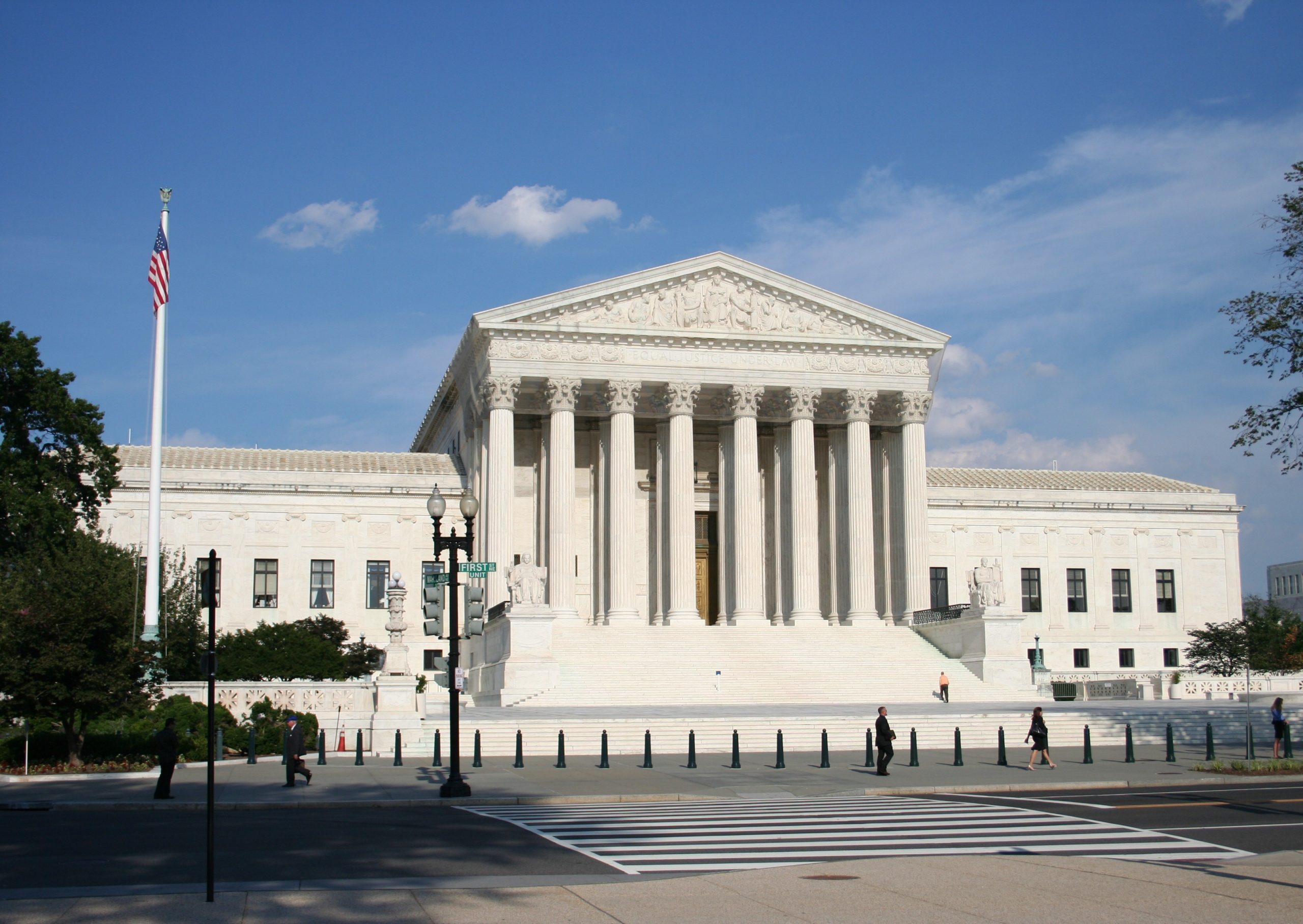On Monday, the Supreme Court temporarily halted the enforcement of Texas’ controversial immigration law, which permits state law enforcement to arrest and detain individuals suspected of entering the country unlawfully.
Justice Samuel Alito issued the administrative hold, delaying the law’s implementation until March 13, allowing the court more time to review the case.
The Biden administration, along with several immigration groups, had filed an emergency application with the Supreme Court seeking to block the law’s enforcement.
The law, known as Senate Bill 4, signed by Texas Governor Greg Abbott in December, had raised concerns about increased racial profiling and detentions by state authorities.
Supreme Court (Credits: Weatherford Democrat)
The Justice Department argued that allowing the law to take effect would significantly alter the longstanding relationship between the federal government and states on immigration matters.
Last week, a federal judge in Austin had blocked the state from implementing the law, stating that it could pave the way for other states to pass their own immigration laws.
The Supreme Court’s decision comes after a federal appeals court granted a temporary stay of the lower court’s ruling, allowing the law to take effect later this week if the Supreme Court had not intervened.
The enforcement of immigration laws has traditionally been a federal responsibility, but some states have taken action in response to an increase in migrants in recent years.
In a related development, Arizona Governor Katie Hobbs, a Democrat, vetoed a bill passed by Republicans in the state legislature that would have authorized police to arrest migrants.
